The Cullen College of Engineering’s strategic plan to achieve tier one status includes a significant increase in its faculty count. With nine new tenured or tenure-track faculty members joining the college for the 2011fall semester, it is clearly making great progress toward that goal. These faculty members run the gamut from newly minted Ph.D.s to a highly respected member of the National Academy of Engineering. They are:
 John Lee, Ph.D. John Lee, Ph.D.Title: Hugh Roy and Lillie Cranz Cullen Distinguished University Chair and Professor of Petroleum Engineering Education: Ph.D. Chemical Engineering, Georgia Institute of Technology Bio: Lee joined the college this fall from Texas A&M University, where he served as the Regents Professor of Petroleum Engineering and held the L.F. Peterson Chair in the Harold Vance Department of Petroleum Engineering. Lee’s work on oil and gas reserves regulations and unconventional gas reservoir production forecasting has earned him respect throughout the engineering community and petroleum industry. He is a member of the National Academy of Engineering and the Russian Academy of Natural Sciences. For more on Lee, click here. |
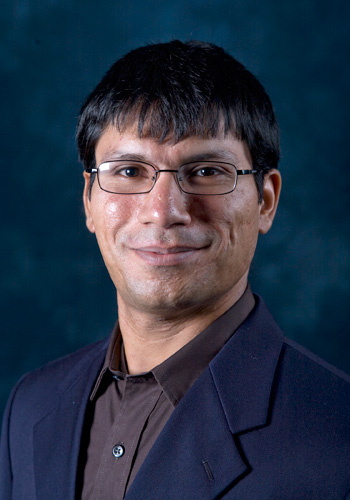 Ashutosh Agrawal, Ph.D. Ashutosh Agrawal, Ph.D.Title: Assistant Professor of Mechanical Engineering Education: Ph.D. Civil and Environmental Engineering, University of California, Berkeley, 2008 Research: Agrawal’s research interests include the mechanics of surfaces and interfaces, continuum mechanics, electromechanical theory, biomechanics/biophysics and nanomechanics. He is currently researching surface tension in patch-clamp experiments, incipient plasmolysis in E. coli, membrane-membrane adhesion, and estimations of adhesion energy. |
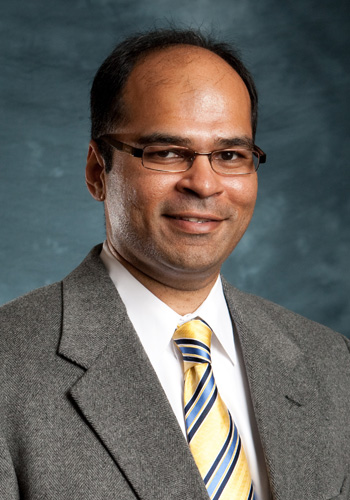 Ravi Birla, Ph.D. Ravi Birla, Ph.D.Title: Associate Professor of Biomedical Engineering Education: Ph.D. Biomedical Engineering, University of Michigan, Ann Arbor, 2004 Research: Birla’s research focuses on the creation of 3D cardiovascular constructs, including bioengineering 3D cardiac patches, using stem cells to support the formation of cardiovascular tissue construct, developing cell based cardiac pumps, and developing scaffold-free technology to support 3D heart muscle formation. |
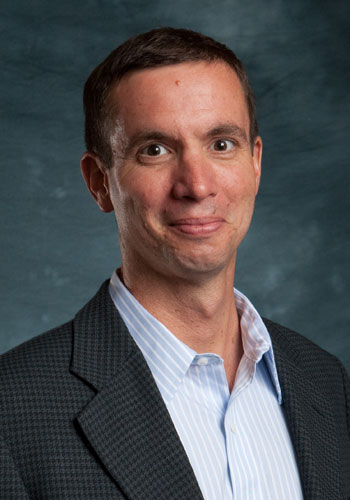 William Epling, Ph.D. William Epling, Ph.D.Title: Associate Professor of Chemical and Biomolecular Engineering Education: Ph.D. Chemical Engineering, University of Florida, 1997 Research: Epling’s research focuses on understanding and engineering the reaction process on and along a catalyst surface. This encompasses the preparation of novel catalyst materials; the fundamental characterization of catalyst surfaces; developing new analytic techniques, processes and devices; and preparing or manufacturing pilot-scale samples for testing and application. |
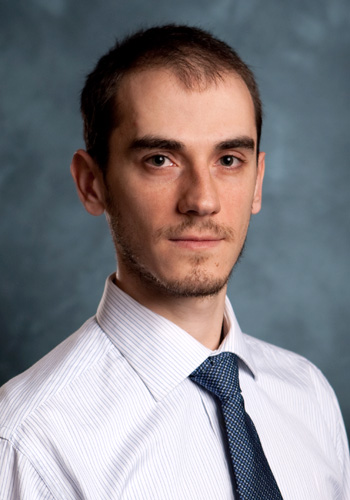 Bora Gencturk, Ph.D. Bora Gencturk, Ph.D.Title: Assistant Professor of Civil and Environmental Engineering Education: Ph.D. Civil Engineering, University of Illinois at Urbana-Champaign, 2011 Research: Genturk’s research interests include advanced materials for civil engineering applications, sustainable construction, vulnerability assessment of structures and the development of new experimental methods. |
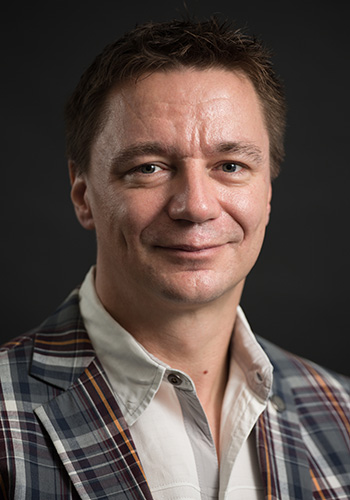 Lars Grabow, Ph.D. Lars Grabow, Ph.D.Title: Assistant Professor of Chemical and Biomolecular Engineering Education: Ph.D. Chemical and Biological Engineering, University of Wisconsin, Madison, 2008 Research: Grabow uses computational methods to understand and predict chemical processes that occur on solid-gas and solid-liquid interfaces. In particular, his work focuses on heterogeneously catalyzed reactions relevant to energy production, energy storage, pollution mitigation and the production of useful chemicals. |
 Hyongki Lee, Ph.D. Hyongki Lee, Ph.D.Title: Assistant Professor of Civil and Environmental Engineering Education: Ph.D. Civil Engineering, Ohio State University, 2008 Research: Lee’s research addresses contemporary questions in Earth sciences through the use of distinctly different satellite geodetic instruments. His long-term goal is to establish a research program centered on developing a variety of geodetic methods and algorithms, and applying them to scientific research and engineering applications of the hydrosphere, the cryosphere, the solid Earth, the oceans, and their complex interactions. This includes establishing a research group that monitors natural hazards, including floods, hurricanes, earthquakes, and volcanoes, in order to provide more accurate warnings for these events and mitigate the damage they cause. |
 Mo Li, Ph.D. Mo Li, Ph.D.Title: Assistant Professor of Civil and Environmental Engineering Education: Ph.D. Structural Engineering, University of Michigan, Ann Arbor, 2009 Research: Li's research involves creating, assessing and implementing advanced material technology for repairing existing and designing next-generation engineered structural systems, focused on three areas: extending structural service life and durability under combined environmental and mechanical loading conditions; enabling distributed multimodal self-sensing capability for structural health monitoring; and improving system resilience and environmental sustainability. Her research interests extend to assessing life cycle economic, environmental and social impacts caused by technological and economic changes at different scales, aiming to provide a knowledge base to support decision-making, and to provide information on the interdependence among critical components that will guide future material development and structural applications. |
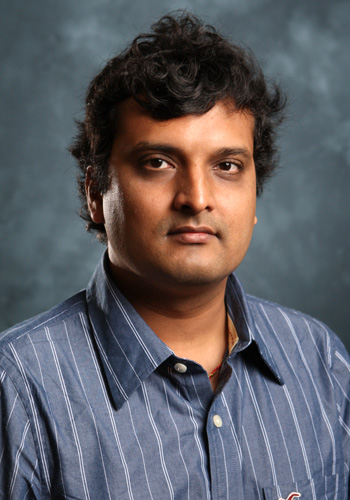 Kalyana Nakshatrala, Ph.D. Kalyana Nakshatrala, Ph.D.Title: Assistant Professor of Civil and Environmental Engineering Education: Ph.D. Structural Engineering, University of Illinois at Urbana-Champaign, 2007 Research: Nakshatrala’s general research interest is mathematical formulation and analysis, and the development of computational techniques for exploring structural, solid, and fluid mechanics. His application areas include degradation/healing of civil and aerospace structures and materials, geosciences (carbon-dioxide sequestration, contaminant transport, enhanced oil recovery) and bio-mechanics. His specific research topics of interest include multiscale and stabilized finite elements and numerical upscaling techniques; nonlinear continuum mechanics and thermomechanical constitutive modeling; coupled problems and fluid-structure interaction; theory of interacting continua; computational fluid, solid and structural mechanics; and applied mathematics and high performance computing. |